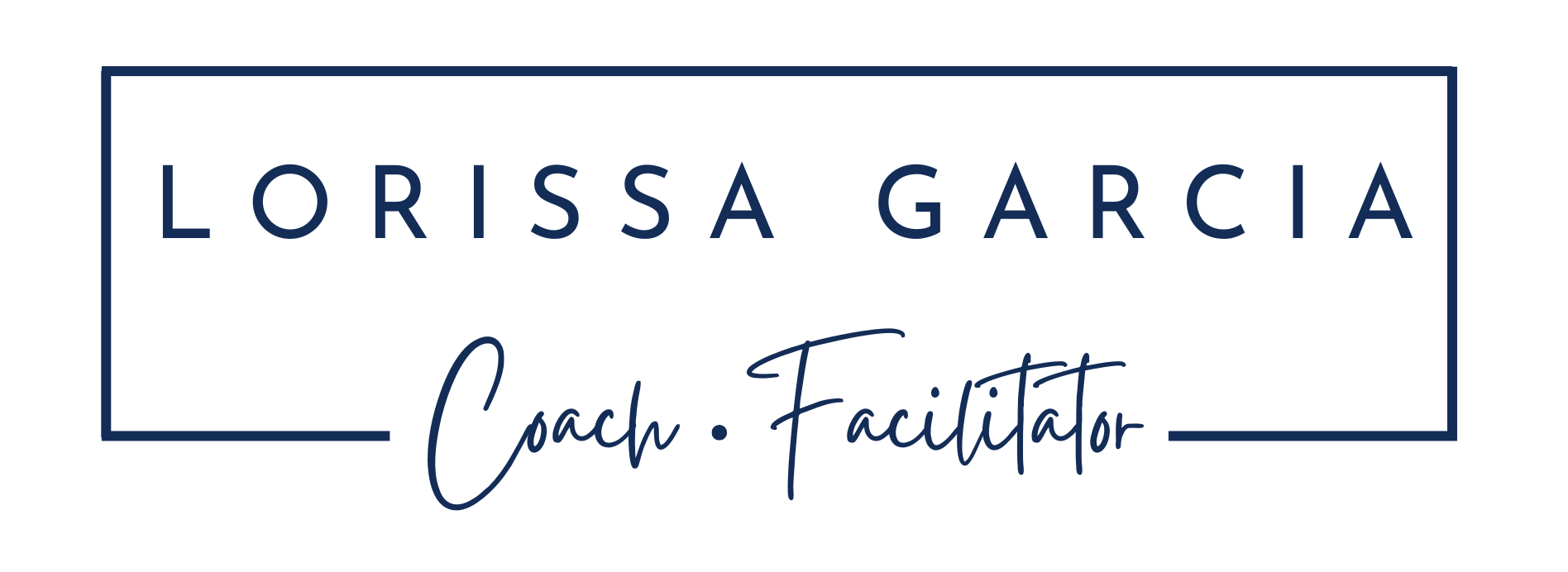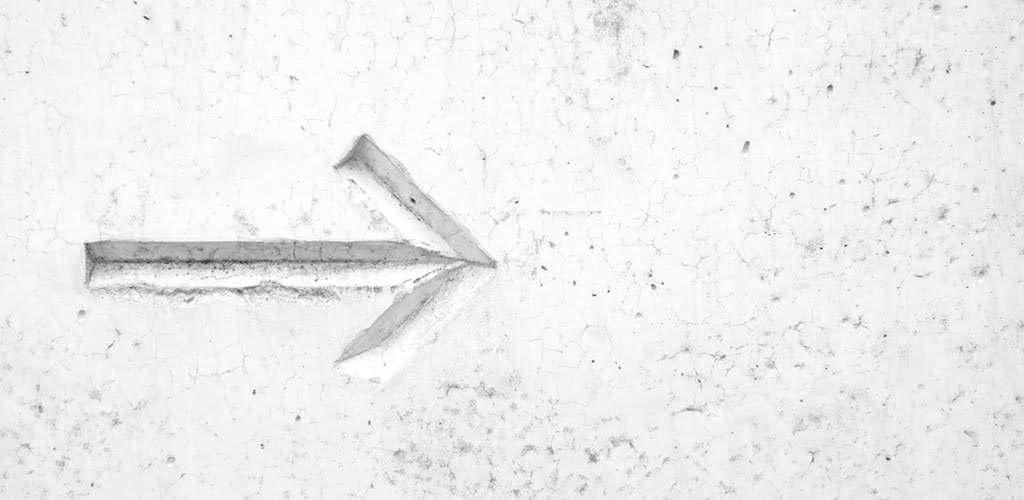Jules Lund, Founder of Tribe and TV & radio personality, posted on LinkedIn a few days ago about the cricketers involved in the recent ball tampering scandal. Jules was expressing his dismay at the hostile reactions from the Australian public, and his deep concern about the mental health of the players. He voiced his bewilderment that those demeaning and smearing the sportsman were probably the same people that supported ‘R U OK Day’, and he appealed to listeners, to everyone, to show empathy for the players and their mistakes.
A mistake, an error of judgement, a poor decision, a misinterpretation or an omission. As humans we have all made them.
I rarely watch the news. I don’t like the negativity that is pushed into our homes – and our psyches – on a daily basis. Instead I catch snippets of news stories that pop up when I’m online, and I make a practice of taking in the good vibes when they’re available, and acknowledging then putting aside the sad, terrifying and horrifying content.
Of course I had heard there was a ball tampering incident in sport. It was all over the news, interruptions to normal broadcasting, guest reporters and sports commentators all weighing in – and me, mostly tuned out. It was a day later in the car with my husband that I bothered to ask what was actually going on. He explained what he knew and I agreed it was a terrible situation that ball tampering is so prevalent in sport. My instinctive reaction, driven by a career in culture and HR roles, was to look to the leadership and ask how they could allow this to happen on their watch. What behaviour was this organisation tolerating that implied it was OK for its team members to act in this way?
On Thursday night I was at an event when a guest provoked a vigorous debate with his questions ‘Did you hear that the cricketers only got a year suspension? What do you think – too soft or acceptable?’ Opinions flew. “Not long enough.” “If it was a corporate and they were caught defrauding the company they’d be out – no questions.” “They got caught being naughty, they should wear the consequences”. I unequivocally agreed with all of these comments – adding my own to the same flavour.
If it was my responsibility to manage a case around misconduct of the most public and severe kind, then yes, the guilty parties would be terminated. And given the recent corporate examples of consequence (think Uber, AFL and Volkswagen), their leader would also be called to account. Even if it seemed to be an isolated incident, just a couple of employees gone rogue, my question would be what led them to think that in this organisation this behaviour would be OK?
I’m clear in my view that leaders are accountable for not just setting the culture, but keeping the pulse on that culture. Its not good enough to say that “I’m so far from the frontline, I can’t possibly be across it all”. It’s no longer acceptable to say “that culture has been a legacy, it was there way before I come into the position” or “there are a few bad eggs in an otherwise good group”. In the words of Peter Drucker “Culture eats strategy for breakfast”. Any leader who doesn’t define and effectively manage culture is failing in their basic responsibilities.
So here is the dilemma I’ve been grappling with more and more lately. How do I practice empathy and accountability at the same time? I feel that empathy needs to be considered in these situations. No matter how the mistake was made or even planned, we need to develop the capacity to see the situation from the perspective of the mistake-maker. I equally believe that people should be accountable for and accept the consequences of their actions.
In thinking about how I can do better at balancing empathy and accountability, I came to a powerful realisation. This balance is exactly what we’re trying to teach our kids everyday, through every interaction. Be kind. Do the right thing. Own up if you do something wrong. Learn from your mistakes. Get back up and soldier on.
These players are trying to do that, so let’s give them space and withhold the judgement. It’s their mistake to own, their decision to move forward, their lessons to reflect upon.
I completely agree with Jules Lund. In fact he expanded my awareness. I had heard all the commentary, but I hadn’t put a lot of thought into taking the empathic route until I worked through my own questions of how this went so wrong. The consequences have been dealt out to those involved, and part of their leadership team have stepped in to take responsibility. It’s time now for us all to practice kindness.




